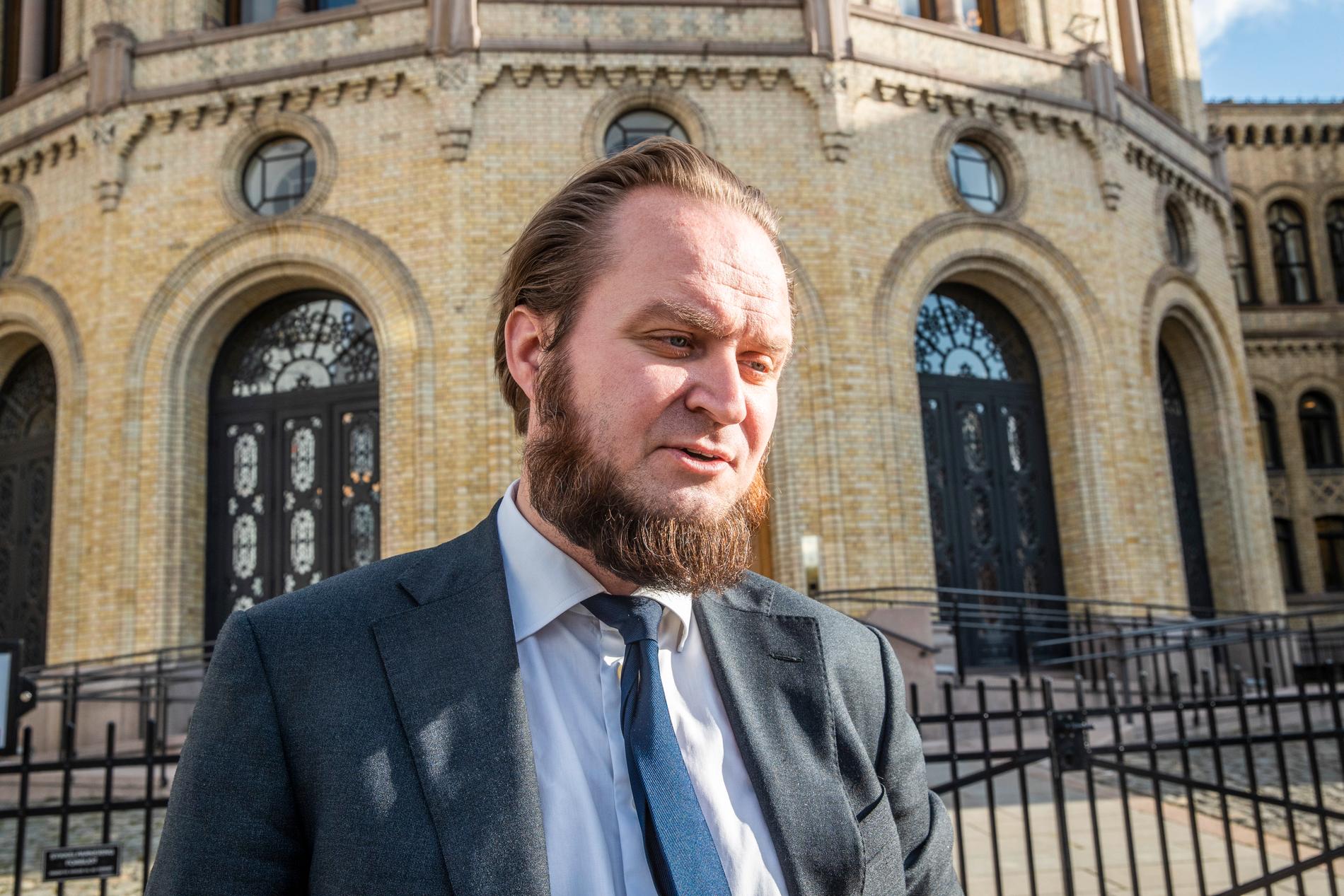The Norwegian authorities must investigate whether the two sisters who were brought home to Norway on the night of Wednesday were victims of human trafficking in Syria, believes lawyer Nils Christian Nordhus.
– I am convinced that the Norwegian authorities, wise to the damage, will create their own cases to find out whether one or both sisters may have been victims of human trafficking during all or part of the years they were in Syria. I would like to believe that such a process has already been started, says Nordhus.
He defended the only Norwegian woman who is convicted of participation in IS – where it also emerged that she was a victim of human trafficking and had lived under duress for several years.
It is the only judgment in Europe where this comes to light, as far as he is aware, but it is nevertheless recognized internationally that this is important to investigate, says Nordhus.
The arrest at Gardermoen
The two sisters were arrested by PST when they, together with their three children, landed at Gardermoen on the night of Wednesday. Their defender, Geir Lippestad, explains that they were aware of the arrest in advance and that it all went smoothly.
The two sisters, who grew up in Bærum, traveled to Syria in 2013. Their story became known through Åsne Seierstad’s book “To søstre”. According to VG’s information, the women are now 29 and 25 years old. The oldest of the sisters has two daughters, the youngest has one daughter. Now the Norwegian authorities are helping to bring them home from the al-Roj camp in Syria.
I don’t think they have done anything criminal
VG spoke to the women’s defenders, Geir Lippestad and Hilde Firman Fjellså, after they had met their clients at Gardermoen on the night of Wednesday.
Like Nordhus, they believe that potential human trafficking must be investigated in the investigation.
– That question is very relevant, says Lippestad.
– The women’s explanation will be important, he adds.
He says they have had a good dialogue with the Ministry of Foreign Affairs and the police, that the women are looking forward to telling their story and that they are happy that the children are in a safe country.
– Can be potentially decisive
The two sisters are charged with participation in a terrorist organisation.
Lawyer Nordhus believes that investigations into whether the women have been victims of human trafficking must take place in parallel with the investigation of a possible criminal case.
This specific case is special because one of the sisters was under 18 when she left, he says:
– Then the threshold for being able to conclude victim status will be lower than if she was over 18, says Nordhus.
He says that investigating it could have major consequences for a possible criminal case.
– It can be of great and potentially decisive importance for the outcome of a possible criminal case against them if an investigation concludes that one or both have been victims of human trafficking. But what significance, it is uncertain, says Nordhus.
Law professor Sofie Høgestøl, who researches foreign fighters, says this was an important point in the Supreme Court judgment last year, where a Norwegian woman was convicted of participating in a terrorist organisation:
– Then a clear distinction was made between when participation was voluntary and when it was not. They found it likely that she had tried to return home after a few months, says Høgestøl.
– But when you have first been married to an IS fighter, it is not easy to escape.
This was thus a mitigating circumstance.
FYI: Høgestøl is also the first candidate in the Storting for the Left.

Couldn’t travel out of the country
Human trafficking may have developed in several different ways in the IS-controlled areas.
– What we know from research and from several judgments internationally is that some women were lured into Syria and eventually into IS-controlled areas, and then forced to stay there, either by their husbands or by those around them, says lawyer Nordhus.
Many women also left voluntarily, but eventually wanted to leave Syria. Then they were forced to stay.
– Many were forced and exploited for domestic work and sexual services. It has simply been gross exploitation of many women. There are many concrete examples of that, he says.
Professor Høgestøl says that research has shown that the women who left tended to be very ideologically motivated.
– Then there are some who feel more deceived. That they were promised a fairly good life, but rather experienced a lot of coercion and deprivation of liberty, and were married off to several husbands, she says.
VG overview: 100 Islamists went from Norway to Syria to participate in holy war. This is the legacy of IS.


